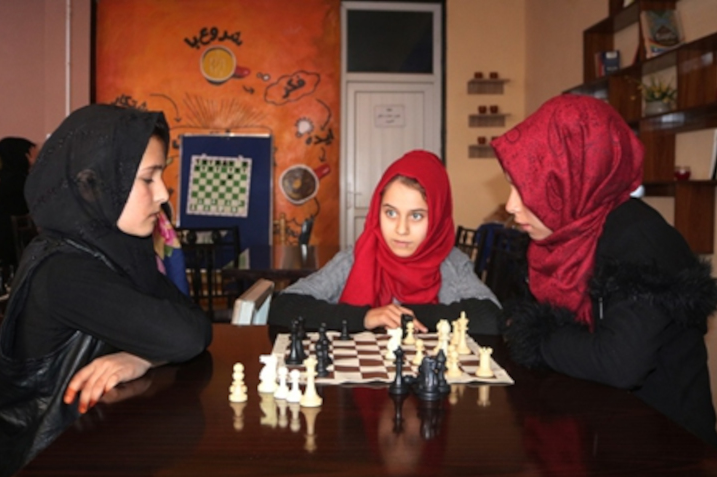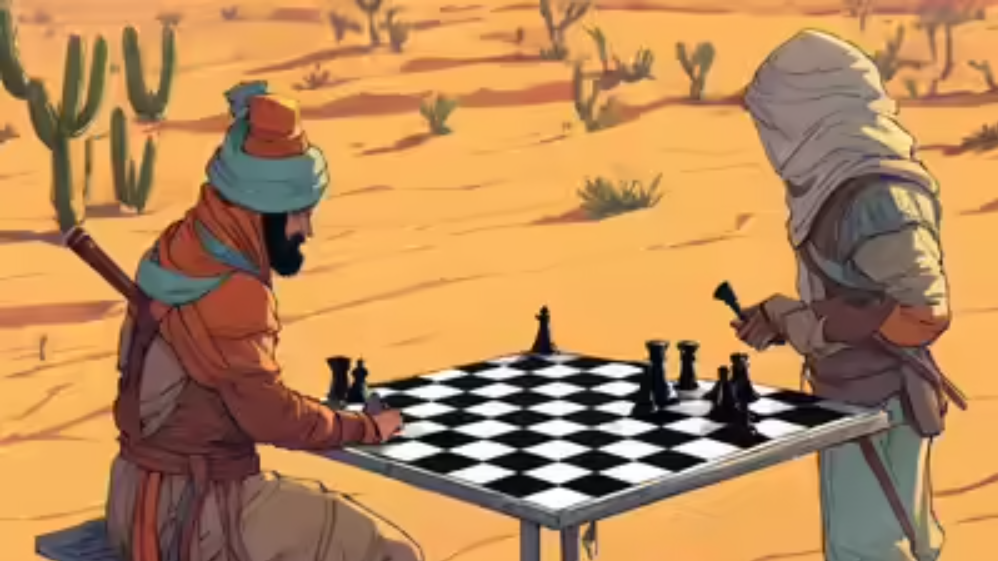A Sport of Kings Meets a Regime of Management
In Could 2025, the Taliban authorities in Afghanistan banned chess, declaring it “haram” (forbidden) beneath their inflexible interpretation of Islamic legislation. They dissolved the Afghanistan Nationwide Chess Federation and suspended all organized and casual play. Their justification? That chess might result in playing.
However this determination just isn’t about faith—it’s about management. As soon as once more, a innocent, mental recreation has been weaponized by extremists who concern any type of free expression or unbiased thought.

Echoes of the Previous
This isn’t the primary time. Throughout their first rule (1996–2001), the Taliban additionally banned chess, together with kite flying, music, tv, and far of Afghan cultural life. After 2001, chess returned. Gamers represented Afghanistan internationally, younger folks gathered in cafes to play, and chess turned a logo of psychological self-discipline and group.
Now, that progress has been erased. With a single decree, the Taliban has silenced an exercise that connects generations and teaches technique, persistence, and creativity.
Misusing Religion to Justify Oppression
Chess has a deep historical past within the Muslim world—Persia helped form the trendy recreation, and lots of Islamic nations at this time have a good time it overtly. The Taliban’s interpretation, equating chess with playing, just isn’t the bulk view. As an alternative, it displays a sample: utilizing faith as a software of suppression moderately than religious progress.
By doing so, they strip residents of pleasure, destroy cultural continuity, and punish the very curiosity and mind that society must thrive.
Influence on Afghan Youth and Society
For Afghan youth, chess was greater than a recreation. It was a protected outlet—a method to collect, assume critically, and dream of a much bigger world. Kabul cafes as soon as full of laughter and quiet focus round chessboards; now these areas are silenced.
The collapse of the nationwide federation additional isolates Afghan gamers. Some will proceed overseas, however numerous younger minds inside Afghanistan are left with out one of many few constructive actions they’d.
A Broader Sample of Management
The chess ban just isn’t an remoted case—it sits alongside bans on training for girls, restrictions on arts, media, and even small pleasures of life. Piece by piece, the Taliban are dismantling the material of Afghan tradition.
This isn’t governance. It’s cultural erasure.
Why the World Ought to Care
Across the globe, chess is flourishing. Nations like Saudi Arabia are investing closely within the sport, internet hosting world championships, whereas Afghanistan retreats into mental darkness.
The ban sends a chilling message: that no facet of life, irrespective of how peaceable, is protected from extremist management. It raises an important query—what duty does the world have when a regime makes use of faith to not uplift, however to oppress?
A Name to Resist Silence
The worldwide group, chess organizations, and cultural advocates should not keep quiet. We are able to:
- Help Afghan gamers in exile, giving them platforms to compete and be heard.
- Stress the Taliban by way of worldwide our bodies to rescind the ban.
- Protect Afghan tradition digitally and thru diaspora networks.
- Spotlight that this isn’t nearly a recreation—it’s about freedom of thought itself.
Conclusion
By banning chess, the Taliban declare to guard morality. In actuality, they concern the very issues chess represents: technique, imaginative and prescient, unbiased thought. This isn’t about religion—it’s about energy.
Chess is greater than sixty-four squares; it’s a image of human creativity and resilience. For Afghans, it was a small bridge to hope and progress. To take it away is to strike on the thoughts of a nation.
We can’t stay silent. The world should stand in solidarity with the Afghan folks, making certain that the sport—and the spirit it nurtures—lives on.
